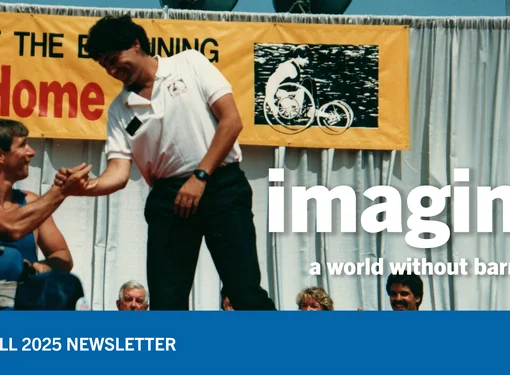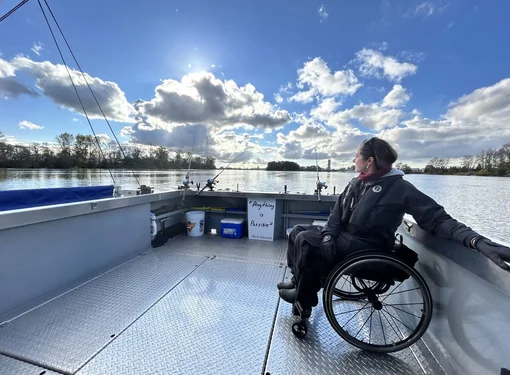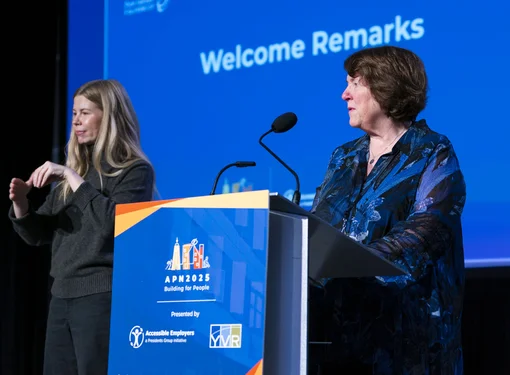Paralympic Round Up: Five of our favourite things from Rio2016
It's a wrap on the Rio2016 Paralympics! After 12 days of watching these elite para-athletes compete on a global stage, here are our five favourite things about Rio2016.
-
The Paralympic medals rattle so visually impaired athletes can identify them
Paralympic medals already have Braille embossed on them, but for Rio2016, the medals were made with a device inside with a different number of steel balls that gives each medal a different tone, allowing visually impaired athletes another way to identify their medal. The bronze medals have 16 steel balls, silver medals have 20 balls, and the gold medals have 28, generating the loudest tone. See and hear the medals on Vimeo. -
Four 1500m Paralympic runners finish faster than Rio Olympics gold medal winning time
The first, second, third and fourth-placed visually impaired runners all recorded times faster than the gold medal winner of the 1500m at the Rio2016 Olympics. That means that these four Paralympic athletes had run times fast enough to win gold had they competed in the Olympic Games. -
Team Canada’s Aurélie Rivard
A 20-year-old para-swimmer from Quebec, Aurelie Rivard won four medals, including three gold — and broke world records in the 50 and 400-metre freestyle AND set a new Paralympic record in the 100-metre freestyle! -
The Rio 2016 Paralympics Games are the second-most attended Paralympics in history
With more than 2.1 million tickets were sold, the Rio Paralympics were the second most attended in Paralympic history, beaten only by the London 2012 Paralympics (2.8 million tickets sold). The first Saturday of the Games had 167,000 spectators attend - more than at any point during the Olympics! -
CBC broadcast more than 1,000 hours of multi-platform coverage during the Paralympics
This was the most of any Paralympics in Canadian history! Let’s hope that CBC provides even more coverage of these elite athletes at Tokyo 2020.
What were your favourite moments from Rio2016? Email them to us at






